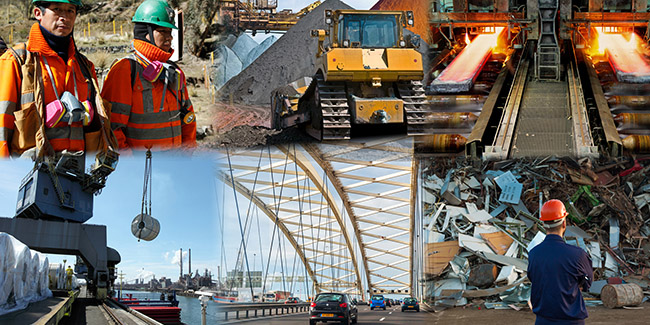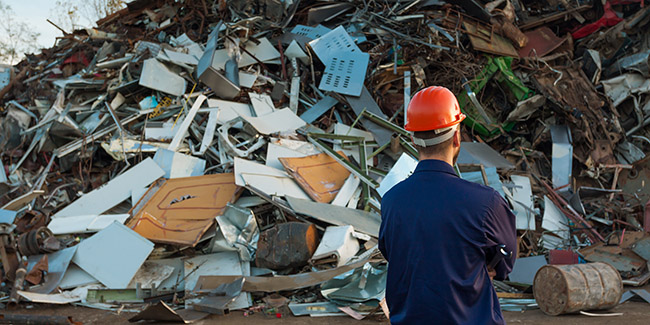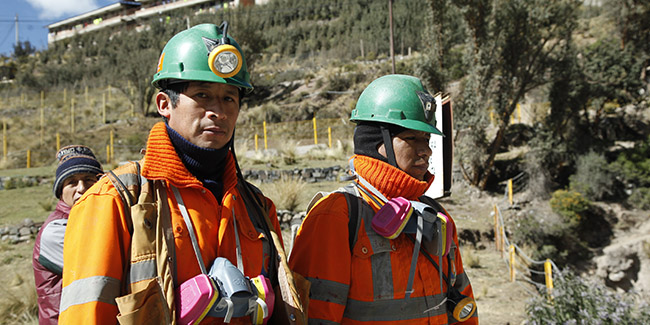About this Agreement
Dutch companies in the metals sector often rely on the import of raw materials for their production. The KPMG CSR Sector Risk Assessment, carried out on behalf of the Dutch government, showed that the metals sector runs an increased risk of violating human rights, fundamental labour rights, and environmental and biodiversity standards and of having an adverse impact on local communities. With this agreement, participants are committed to identify, prevent and tackle (potential) adverse impacts.
The Dutch metals sector also works with recycled metal. Using responsibly recycled scrap helps to reduce the demand for primary raw materials and contributes to a circular economy. Metals companies also seek to identify areas for improvement in the metals recycling segment.
International guidelines
The agreement is a means for companies and other stakeholders to improve their performance with regard to international responsible business conduct. A number of companies are already in the process of identifying and addressing risks in line with the OECD Guidelines for Multinational Enterprises. However, the sector has observed gaps in its approach.
The agreement also helps the metals sector to comply with the EU Conflict Minerals Regulation which entered into force in 2021 and which obliges large importers to investigate the source of their raw materials. In addition, the Dutch government must adhere to the United Nations Guiding Principles on Business and Human Rights and the OECD Guidelines for Multinational Enterprises. Compliance with these international guidelines also supports progress towards achieving the UN Sustainable Development Goals (SDGs).
Early 2022, the European Commission presented a legislative proposal on international CSR. The proposal marks the metals sector as a high-risk sector. It states that companies in this sector must comply with the legislation if they have more than 250 employees and a turnover of more than €40 million.
The Dutch government is in favour of legislation at European level and national legislation is as well on the agenda. Companies are preparing for the entry into force of legislation by applying the currently voluntary OECD guidelines. They are among the leaders in the metals sector.
Large sector, international agreement
The agreement specifically covers all metals and the entire international metals supply chains, including metals processing companies and end-users. Most of the Dutch metals supply chains consists of SMEs. They supply base metals and semi-finished products to the automotive, construction, chemicals, aerospace, electronics and other industries for further processing. The supply chains are highly international in scope and include metals recycling.
The agreement focuses on national and international metals companies with the aim of improving the visibility of the entire supply chains and maximising the collective leverage of its participants.



